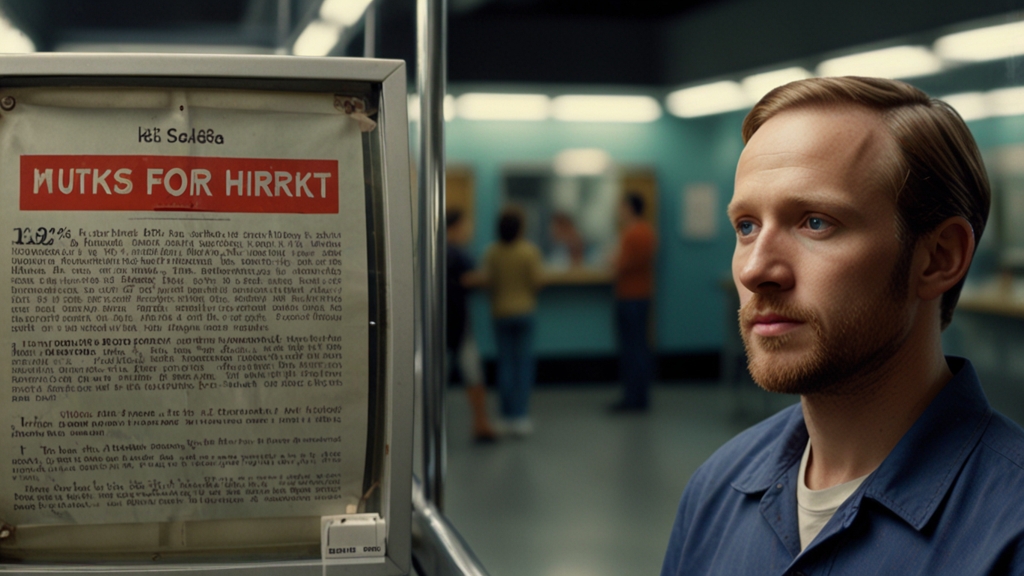Vietnam: A War in the Shadows of Memory and History
The Vietnam War stands as one of the most pivotal and contentious conflicts of the 20th century. Lasting from November 1, 1955, to April 30, 1975, it significantly impacted not only the nations involved but also left an indelible mark on the global historical and cultural landscape. Yet, the war exists today in a complex interplay between memory and history, often clouded by personal narratives and broader historical interpretations.
The Historical Context
The Vietnam War, also known as the Second Indochina War, was fought between North Vietnam, supported by its communist allies, and the government of South Vietnam, backed primarily by the United States. The conflict was rooted in the struggle against French colonial rule, which culminated in Vietnam’s division at the 1954 Geneva Conference.
The complications of the Cold War era exacerbated the situation. The United States, adhering to the domino theory, believed that the fall of South Vietnam to communism would trigger the spread of communism throughout Southeast Asia. Consequently, American involvement escalated, leading to a full-scale military intervention.
Memories of the War: Veterans and Civilians
The memories of the Vietnam War are deeply personal, resonating differently among those who experienced it firsthand. For veterans, the war often evokes a mixture of pride, trauma, and a sense of betrayal. The psychological scars, embodied in conditions like Post-Traumatic Stress Disorder (PTSD), have had lasting effects on many soldiers.
"We were not prepared for the reception we received when we returned home. We were fighting for our country, but we came back to a world that didn't understand us," recalls John, a Vietnam War veteran.
Civilians also carry their own memories of the conflict. For many Americans, the war represented a period of political upheaval, social discord, and profound national introspection. The anti-war movement challenged traditional patriotic narratives and brought significant changes in U.S. domestic and foreign policy.
Vietnam’s Perspective
From the perspective of the Vietnamese people, the war is remembered as a struggle for national liberation and reunification. The war inflicted tremendous suffering on Vietnam, resulting in millions of casualties and widespread destruction. Yet, it also stands as a testament to the resilience and determination of the Vietnamese people.
"The war was a nightmare, but it was also our fight for freedom. We endured, and we emerged stronger," reflects Nguyen, a Vietnamese war survivor.
Today, Vietnam has transformed remarkably, showcasing rapid economic growth and development. The war is commemorated in various ways, such as through museums, memorials, and educational programs, which aim to honor the sacrifices made and educate younger generations.
The Role of Popular Culture
The Vietnam War has been extensively depicted in literature, film, and music, contributing significantly to its memory. Works like “Apocalypse Now” and “The Things They Carried” have offered visceral, often harrowing visions of the war, influencing public perceptions and shaping cultural understandings.
These representations, however, are double-edged. While they have brought awareness to the war’s complexities, they have also led to mythologized versions that sometimes overshadow historical facts. The line between reality and artistic interpretation often becomes blurred, further complicating the collective remembrance of the war.
Lessons and Legacy
The Vietnam War’s legacy is reflected in contemporary debates on foreign policy and military intervention. It serves as a reminder of the perils of ideological rigidity and the human cost of war. The experience has profoundly influenced how subsequent conflicts are approached, stressing the importance of understanding cultural and political contexts.
The war’s legacy also underscores the importance of healing and reconciliation. Efforts continue to address the long-term impacts of the war, including unexploded ordnance, Agent Orange contamination, and support for veterans and affected populations.
Conclusion
The Vietnam War remains a multifaceted historical event, viewed through diverse lenses of memory and history. Its echoes are felt to this day, influencing both personal stories and broader geopolitical dynamics. By examining the war from various perspectives, we gain a more comprehensive understanding of its significance, ensuring that the lessons learned continue to inform future generations.








